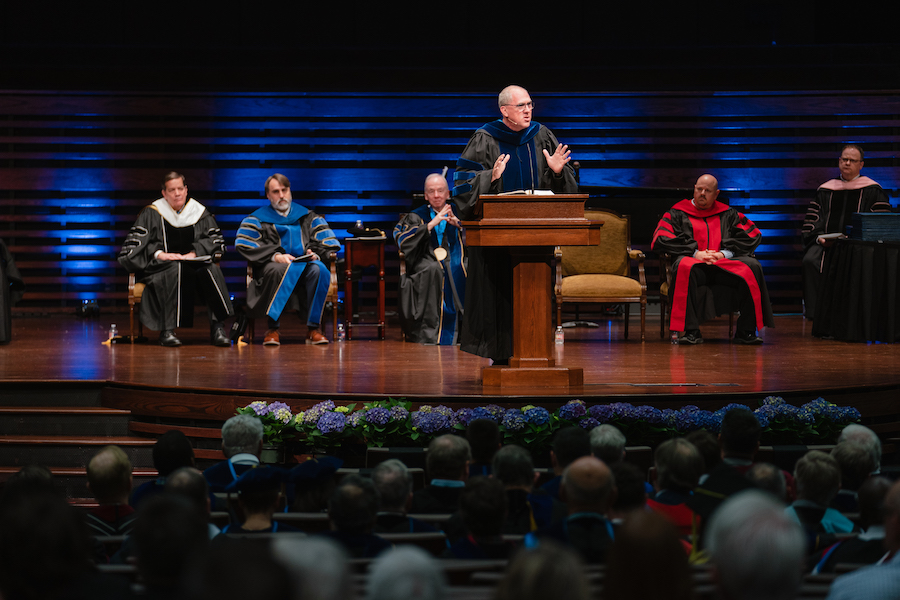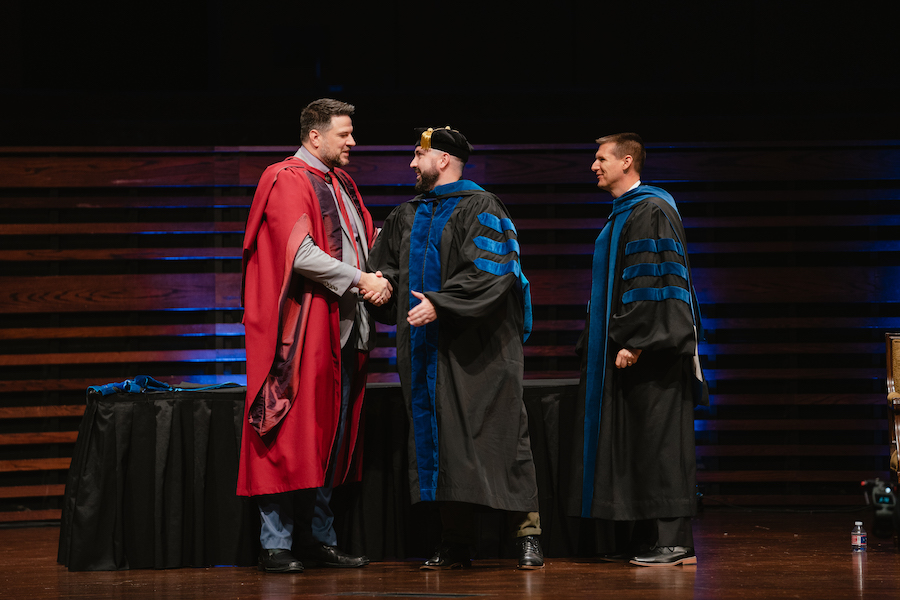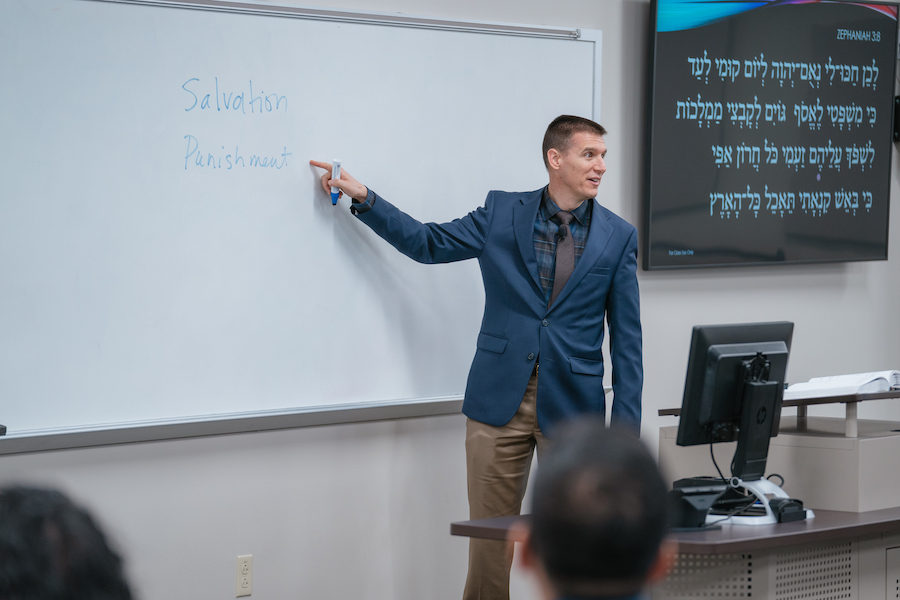HOW-TO: Find Bible teachers within your church


Editor’s Note: The following was written by Chris Shirley, professor of educational ministries at The Southwestern Baptist Theological Seminary. This article originally appeared in the fall 2019 issue of Southwestern News (pg. 31).
In 2 Timothy 2:15, the apostle Paul challenged his protégé Timothy to “rightly handle” God’s Word. The same challenge extends to Bible teachers, from senior pastors to children’s church volunteers. As a former minister of education and current small group teacher myself, I understand that finding and equipping people isn’t always easy. But as a church leader, few tasks will be as important as equipping your people for the work of ministry.
First and foremost, teachers should exemplify a personal hunger for God’s Word. This should manifest itself in a teacher’s willingness to spend sufficient time in preparation for his or her teaching responsibility. “Rightly handling the word of truth” is a significant commitment.
In addition to personal hunger, an effective teacher needs a diversity of corporately focused instructional skills: a teacher should be an artist, an engineer, and a cruise ship director. As an artist, the teacher creates a beautiful word picture of God’s truth with creative splashes of color and creativity. As an engineer, the teacher designs an organized and purposeful lesson plan that leads group members—with intentionality—to observe, interpret, and apply God’s Word. As a cruise director, the teacher invites a community of learners into a relational learning experience by providing opportunities for group members to teach one another (Colossians 3:16) through directed discussion, relevant testimonies, and other learning activities.
In addition to the personal and the corporate, below are five things to look for in teachers—and ways to develop the teachers you have:
1. Build personal study habits. My recommendation to teachers is to spend at least 30 minutes a day studying the Scripture and preparing.
2. Collect exegetical tools. These could be commentaries, word studies, published sermons or podcasts, Bible dictionaries, handbooks, and maps. I recommend preceptaustin.org.
3. Cultivate instructional skills. Remember: the teacher should be an artist, an engineer, and a cruise ship director.
4. Possess social intelligence. Teachers need the ability to “read the room” while teaching the Word.
5. Commit to lifelong learning. Teachers should be lifelong learners of their ministry content (God’s Word), competencies (teaching skills), and character development.



